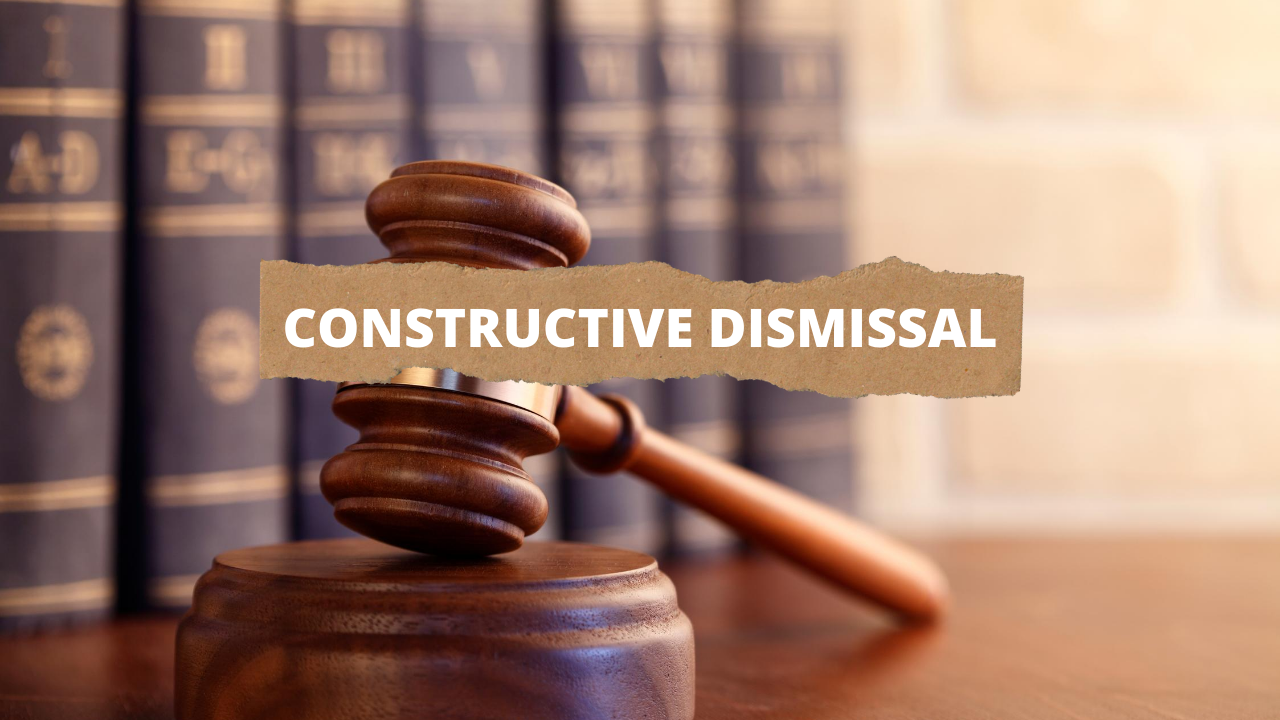What is constructive dismissal?
Constructive dismissal is the term used when an employee dismiss his or her employment based on the conduct of the Employer. Unfair dismissal is different than constructive dismissal. In that unfair dismissal cases arise when an employee feels that the Employer dismissed them on unfair grounds.
In constructive dismissal cases, the onus is on the employee to prove that their resignation was caused by poor Employer conduct. Employees claim constructive dismissals/unfair dismissals under the Unfair Dismissals Acts 1977-2007. Conversely, unfair dismissals are considered unfair unless proven otherwise and justified by the Employer. The onus is on the Employer to prove it was fair.
If an employee has been unfairly dismissed from work, he or she could either receive compensation for the loss of earnings suffered by the dismissal or could recover their original role. However, the latter is not common practice, due to the expected tension and strained relationship between Employer/employee and due to the period that is likely to have lapsed between the termination of the employment.
Typically, an employee needs to have accrued 52 weeks’ continuous service with the Employer to lodge a constructive/unfair dismissal. However, it is crucial for the employer to bear in mind that 52 weeks’ uninterrupted service is not always an essential element. Employees dismissed for trade union membership or because they are pregnant/exercise their right to parental leave, for instance, do not need 12 months’ continuous service before claiming unfair/constructive dismissal under the Acts.
If the employer acts unreasonably towards the employee or breaches the contract of employment (or demonstrates that they no longer intend to adhere to the terms and conditions outlined therein, then the Employer is at risk of a claim under the Acts.
Employers need to be aware of everything that occurs in their workplace as even other employees’ behaviour that goes unchecked by the Employer could contribute to a constructive dismissal case.
The body that hears the Unfair Dismissal claim may award the employee one of the following remedies:






Leave A Comment